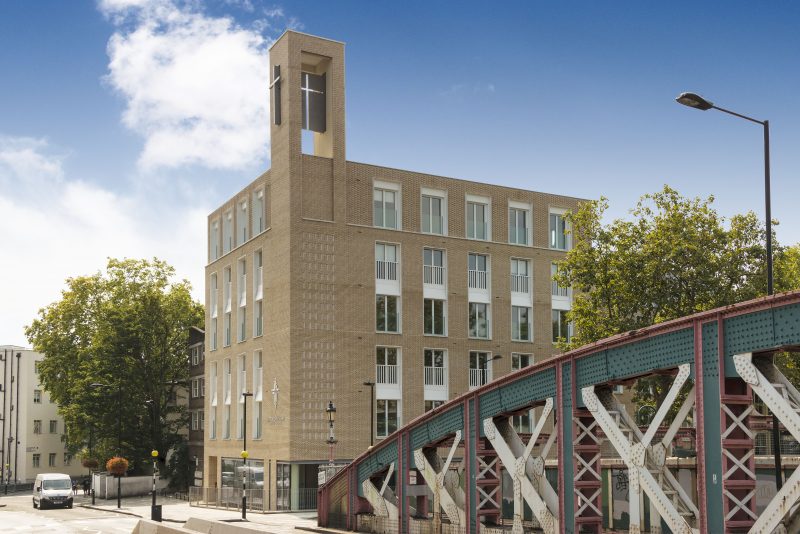Warda Ahmed (WPA NextGen & Development Manager at Dolphin Living) explores the need for more intermediate housing in Westminster:
In 2020 people around the UK gave a round of applause for NHS workers contributing to the fight against coronavirus. The pandemic has brought an increased awareness to the contribution of key workers. In our cities many of keyworkers have found themselves unable to live in affordable accommodation near to their work, despite often having to work at unsocial times due to high house prices and rents. Nowhere is this more pronounced than in Inner London.
There is a strong focus to deliver social housing amongst all local authorities in London, but this is in short supply and only available to those in acute need. Many key workers earn too much to be allocated social housing and yet not enough to be able to afford market housing. Whilst this is largely recognised, it is yet to be translated into significant planning policy changes locally and nationally.
In Westminster, the City Plan’s first objective is to:
Westminster` s commitment to deliver affordable homes is significant yet is going to be limited by land availability. The City Plan requires all residential proposals to provide 35% of the total residential units as affordable but no longer includes the affordable housing delivery of commercial developments as it once did.
Affordability remains a big problem; the disconnect between house prices, rents and incomes is large. A household in Westminster with the average household income would have insufficient money to meet their basic living costs after paying the median rent for a 2-bedroom property. The result is housing poverty. The high house prices in Westminster make shared ownership properties not just unaffordable the metrics often do not work in Westminster due to the high cost of buying and renting.

Dolphin Living’s Porchester Road development
At present, ‘1.5% of the housing stock in Westminster’ is considered “intermediate”. Westminster requires 60% of the affordable housing provision to be intermediate, most of which is expected to be for rent. There is a high demand for this tenure, it will not only assist in bridging the affordability gap, but it will also diversify housing options within Westminster for those on median incomes.
As we start to look forward to the recovery of the pandemic, it is right that the government focuses on the delivery affordable homes with a significant proportion of intermediate rented homes. The need for an increased number of intermediated rented homes, at below market rents has been evidenced by the crisis and more needs to be done in order to provide more homes for our Key Workers.
Dolphin Living’s charitable objective is to support those workers “who keep the city alive” including those working in hospitality, culture, and tourism by providing a rental product 80% or less than the market equivalent. And if any individual resident has concerns with affordability or are facing financial hardship, then we can review and amend our approach to tailor for their needs.
Westminster remains great place to work and live. The vibrant and diverse environment in Westminster provides so many opportunities. The borough has more registered businesses than any other borough in the country providing over 699,000 jobs. But many workers are earning median incomes and cannot afford to live in Westminster and median incomes require skilled workers, who if they cannot afford to live in Westminster may move elsewhere to work and live.



